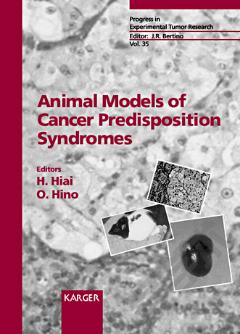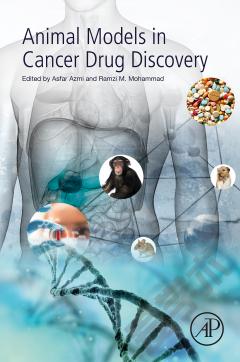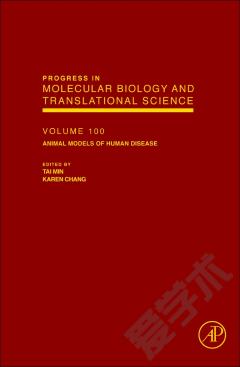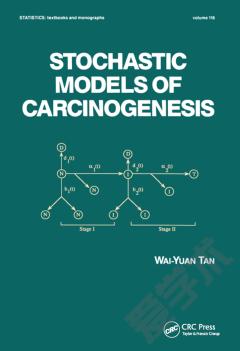Animal Models of Cancer Predisposition Syndromes
Studies of both spontaneous and environmentally induced tumors have demonstrated that there is considerable variation among individuals in their response to carcinogenesis, suggesting that genetic factors influence the likelihood of developing cancer. The increasing availability of genetic markers has enabled researchers to analyze polygenic traits such as cancer predisposition. Animal models have proved to be useful experimental tools for identifying and characterizing such genetic factors. Such a comparative approach helps to identify factors that animals and man have in common and to elucidate the basic mechanism of determining susceptibility. This book brings together some of the most recent advances made in the genetic analysis of cancer susceptibility using animal models. Leading investigators in the field present model systems for studying cancers including liver and stomach cancer, breast cancer, myeloid leukemia, retrovirus-induced lymphoma, pulmonary adenoma and familial adenomatous polyposis. An overview of transgenic and gene knockout mice is given, and in several chapters the implications of these findings for human cancers are discussed. Providing an excellent survey of the field, the book is recommended reading for all scientists and graduate students in experimental cancer research and cancer genomics.
{{comment.content}}








 京公网安备 11010802027623号
京公网安备 11010802027623号